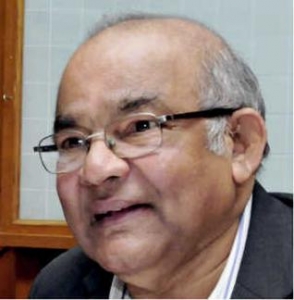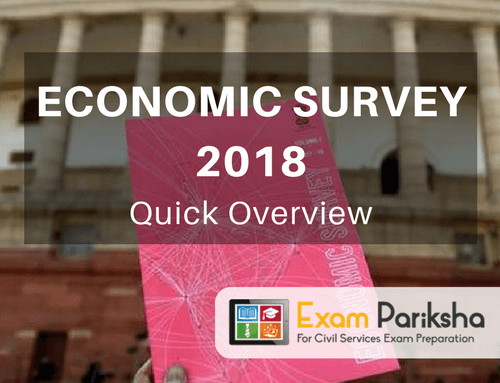The fourteenth Finance Commission has recently been in news. It is definitely going to appear in upcoming interviews and examinations. Therefore, let us go through the important points about 14th Finance Commission.
The Finance Commission is a constitutional body that is setup under the Article 280 of the Constitution of India by the President every five years. It came into being from the year 1951. It’s primary function is to recommend the measures and methods on how measures that need to be distributed between the Centre and the States.
<< Click here to read about appointment and functions of Finance Commission in India>>

Y V Reddy : Chairman 14th Finance Commission
The 14th Finance Commission was setup by the President in January 2014 under the chairmanship of the former RBI governor Y V Reddy and its other members were Sushma Nath, M Govinda Rao, Sudipto Mundle, Abhijit Sen. The fourteenth Finance Commission had submitted its report to the President Pranab Mukherjee in December 2014.
These recommendations are for a duration of 2015-16 to 2019-20. Its primary job is to recommend measures and methods about how revenues are to be distributed between the Centre and States. The key recommendations have been towards its agenda of Cooperative Federalism. For understanding the States’s needs, the FFC has ignored the Plan and non-Plan expenditure distinctions and has taken the entire revenue expenditure in consideration.
The report by 14th Finance Commission had a note of dissent from Abhijit Sen.
The major recommendations of the FFC are:
- Demanding an increase in the share of states in Centre’s tax revenue from the current 32% to 42%. This has been the highest recommended increase by any Finance Commsission so far.
- This will increase the total devolution to the states from Rs. 3.48 lakhs crore in year 2014-15 to Rs. 5.26 lakh crore in the year 2015-16.
- This higher tax devolution will give increased autonomy in financing and designing the schemes according to their needs and requirements. This will give them more power to decide how they spend their money.
- It has also recommended the distribution of grants of Rs. 2.88 lakhs crore to states towards strengthening of duly elected/constituted Gram Panchayats and Municipal Bodies.
- These grants are divided into two – a basic grant [90:10 for gram panchayats and 80:20 for municipalties] and a performance based grant for Gram Panchayats and Municipal bodies.
- 11 revenue deficit states gave been identified and Rs. 48,906 crore has been granted as additional resource for them in the year 2015-16.
- The 14th Finance Commission holds the view that the sharing pattern in respect to different Centrally Sponsored Schemes should be changed. It has recommended that States share a greater fiscal responsibility for implementing such schemes.
Implication of this path-breaking recommendation:
Since, at this time Centre is still pursuing States for GST (Goods and Services Tax), the increased tax share will be helpful to Centre in this regard. With increased money share in the taxes, States will be reassured that their financial interests would not be lost if they allow for GST to be implemented.





